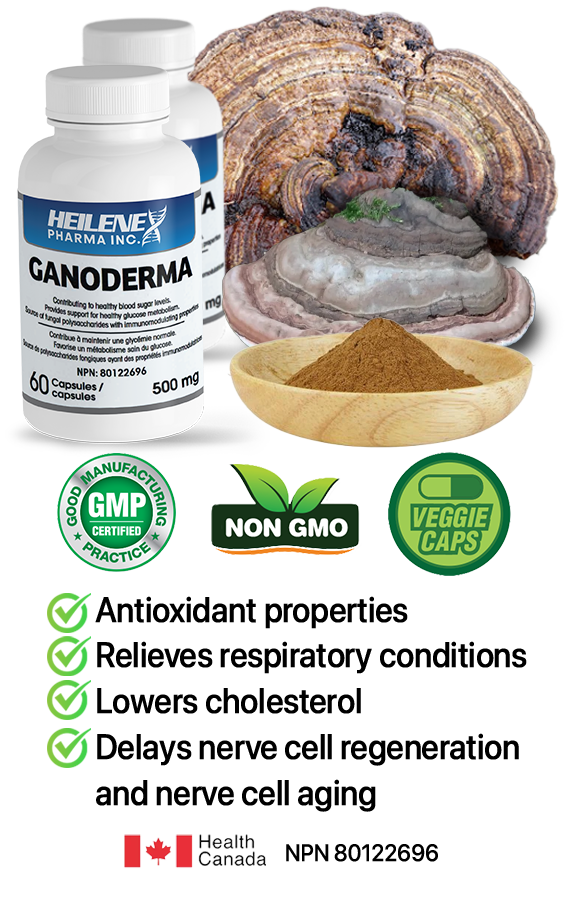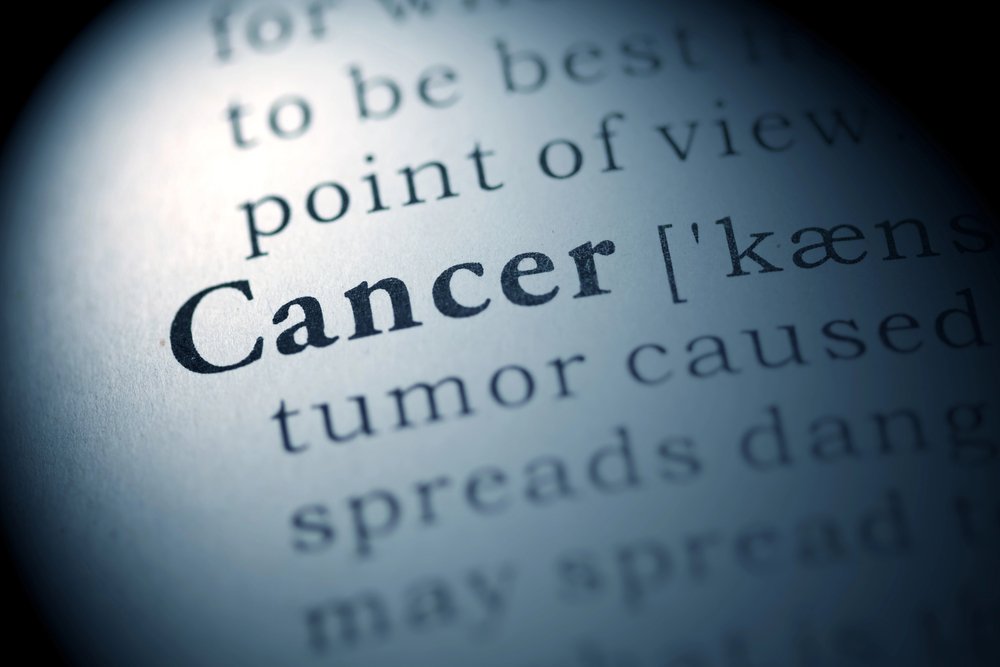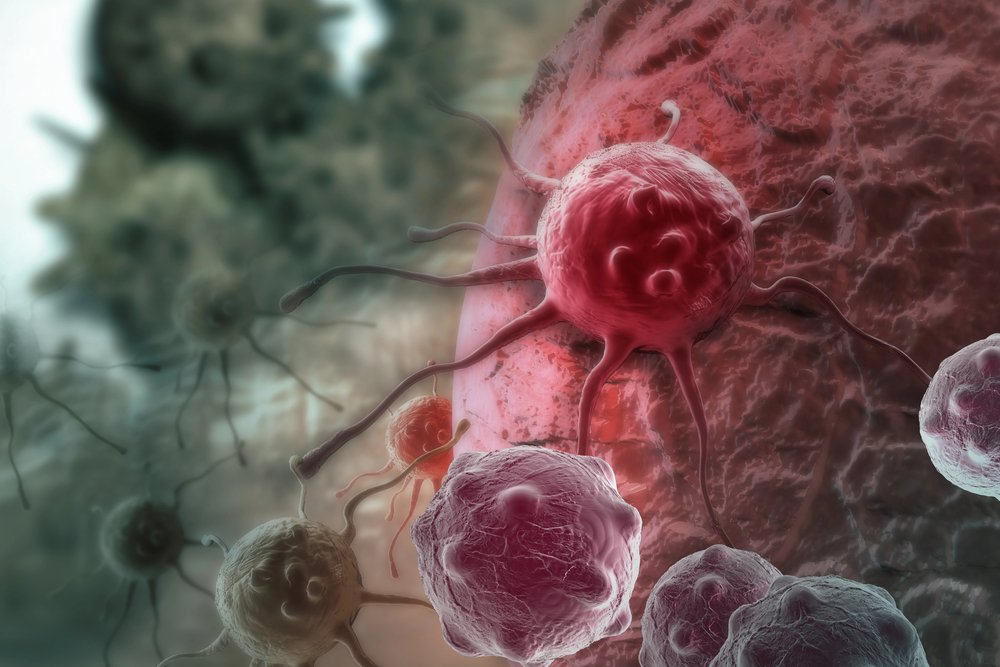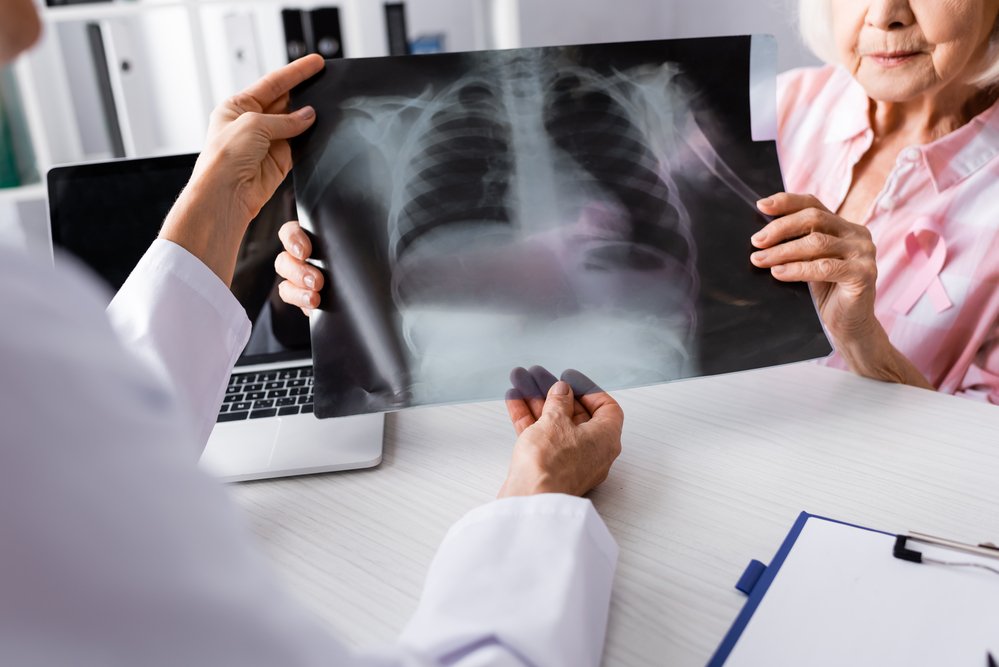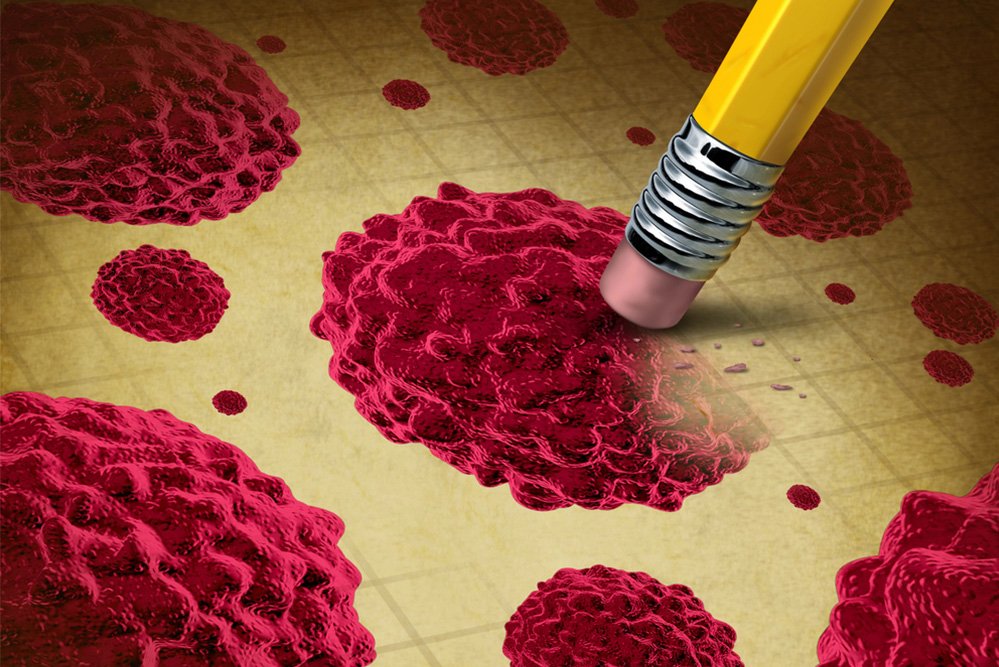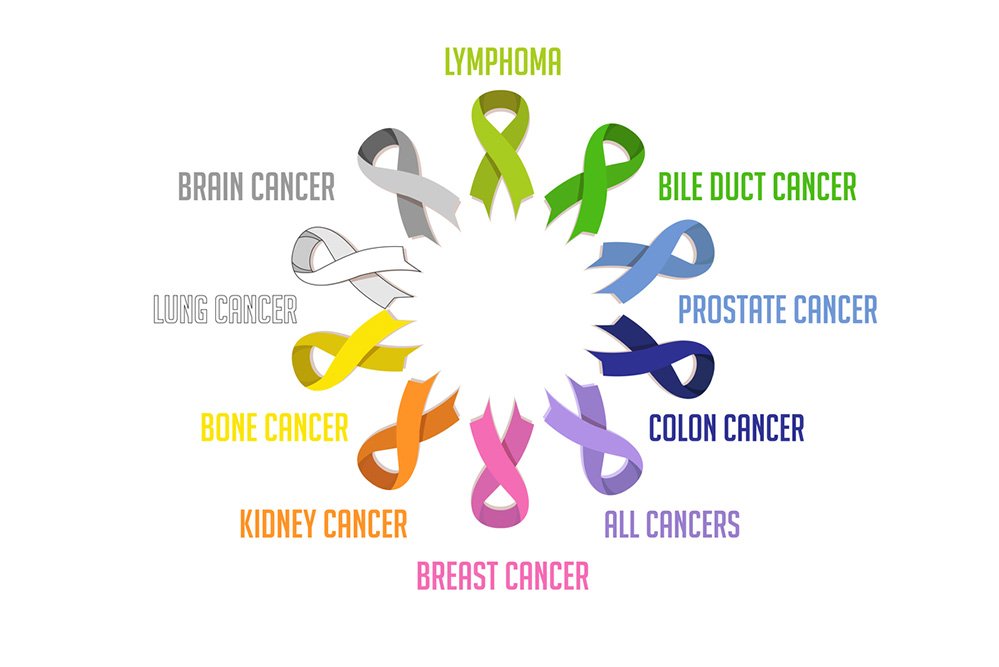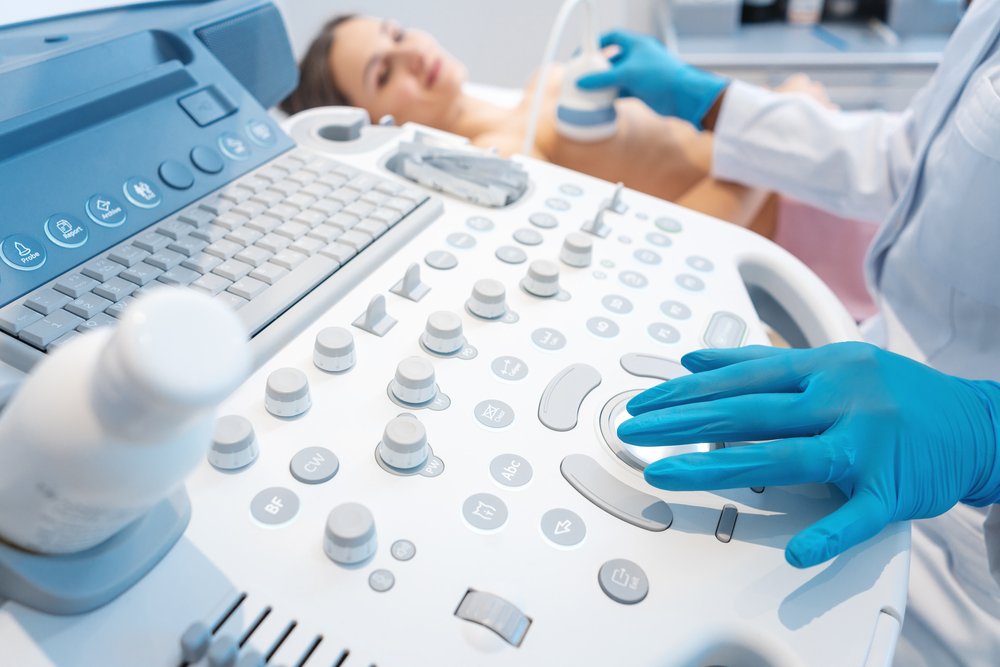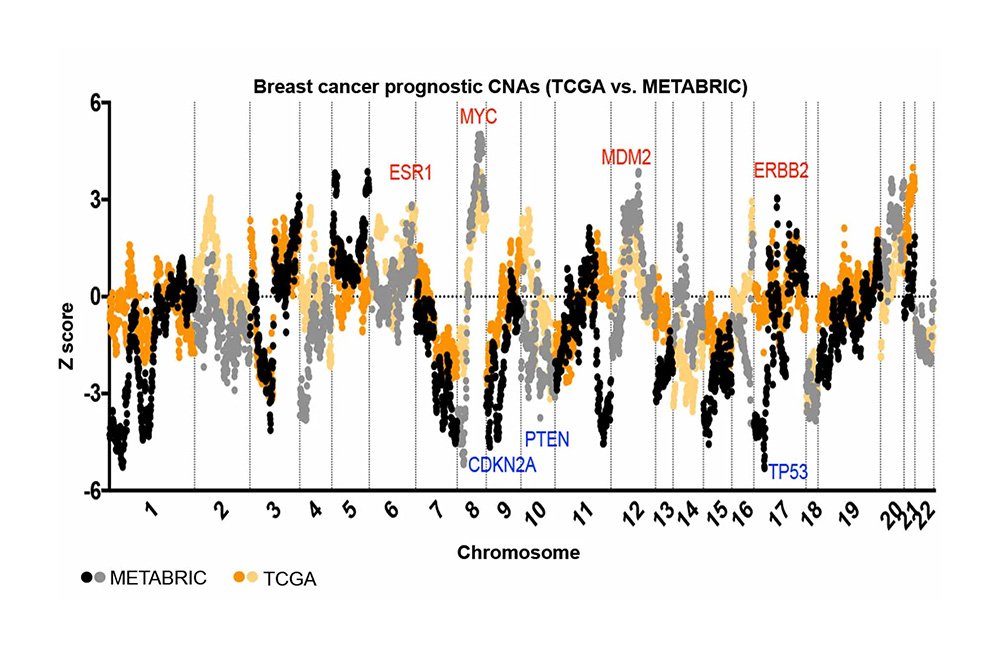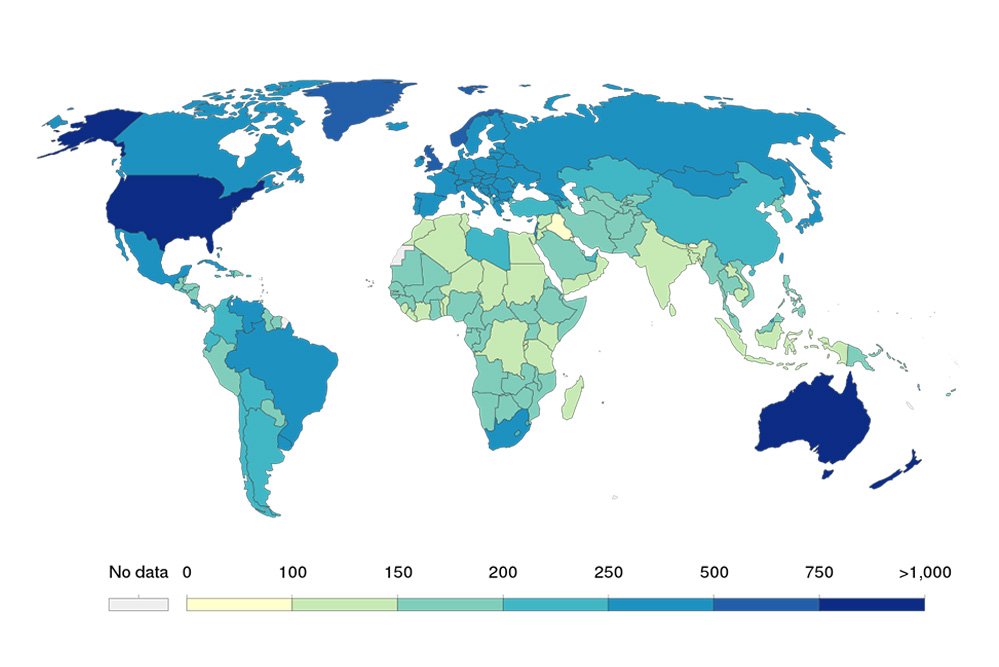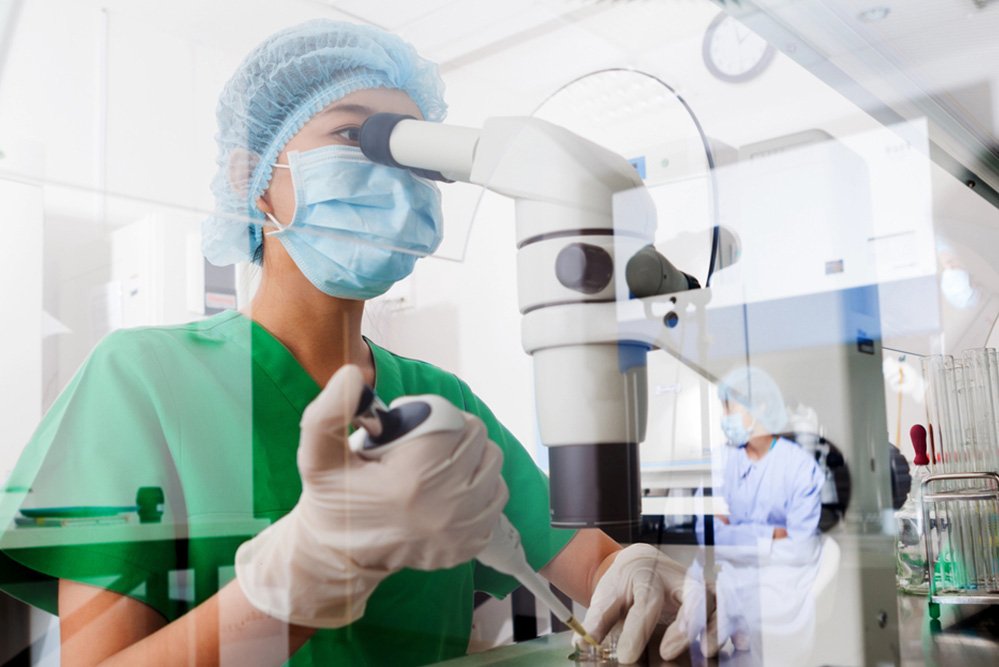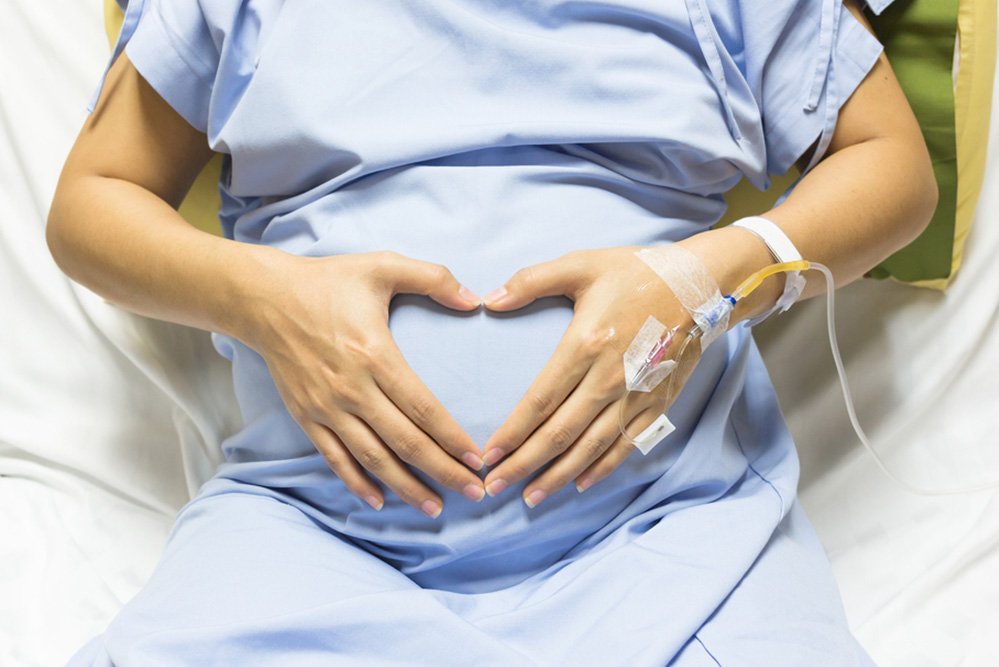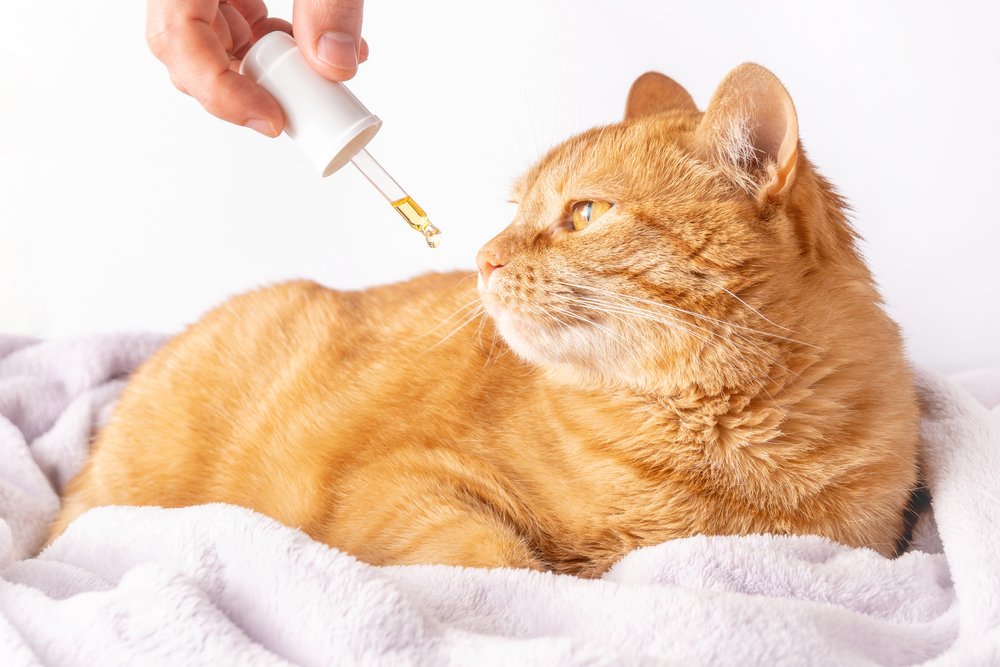Cancer Prevention
Global deaths from cancers attributable to risk factors in 2019 by sex and
Socio-demographic Index. Cancer DALYs attributable to 11 Level 2 risk factors globally in 2019.
Cancer prevention is defined as active measures to decrease cancer risk. The vast majority of cancer cases are due to environmental risk factors. Many of these environmental factors are controllable lifestyle choices. Thus, cancer is generally preventable. Between 70% and 90% of common cancers are due to environmental factors and therefore potentially preventable.
Greater than 30% of cancer deaths could be prevented by avoiding risk factors including: tobacco, excess weight/obesity, poor diet, physical inactivity, alcohol, sexually transmitted infections and air pollution. Further, poverty could be considered as an indirect risk factor in human cancers.[133] Not all environmental causes are controllable, such as naturally occurring background radiation and cancers caused through hereditary genetic disorders and thus are not preventable via personal behavior.
In 2019, ~44% of all cancer deaths – or ~4.5 M deaths or ~105 million lost disability-adjusted life years – were due to known clearly preventable risk factors, led by smoking, alcohol use and high BMI, according to a GBD systematic analysis.
Dietary
While many dietary recommendations have been proposed to reduce cancer risks, the evidence to support them is not definitive. The primary dietary factors that increase risk are obesity and alcohol consumption. Diets low in fruits and vegetables and high in red meat have been implicated but reviews and meta-analyses do not come to a consistent conclusion. A 2014 meta-analysis found no relationship between fruits and vegetables and cancer. Coffee is associated with a reduced risk of liver cancer. Studies have linked excessive consumption of red or processed meat to an increased risk of breast cancer, colon cancer and pancreatic cancer, a phenomenon that could be due to the presence of carcinogens in meats cooked at high temperatures. In 2015 the IARC reported that eating processed meat (e.g., bacon, ham, hot dogs, sausages) and, to a lesser degree, red meat was linked to some cancers.
Dietary recommendations for cancer prevention typically include an emphasis on vegetables, fruit, whole grains and fish and an avoidance of processed and red meat (beef, pork, lamb), animal fats, pickled foods and refined carbohydrates.
Medication
Medications can be used to prevent cancer in a few circumstances. In the general population, NSAIDs reduce the risk of colorectal cancer; however, due to cardiovascular and gastrointestinal side effects, they cause overall harm when used for prevention. Aspirin has been found to reduce the risk of death from cancer by about 7%. COX-2 inhibitors may decrease the rate of polyp formation in people with familial adenomatous polyposis; however, it is associated with the same adverse effects as NSAIDs. Daily use of tamoxifen or raloxifene reduce the risk of breast cancer in high-risk women. The benefit versus harm for 5-alpha-reductase inhibitor such as finasteride is not clear.
Vitamin supplementation does not appear to be effective at preventing cancer. While low blood levels of vitamin D are correlated with increased cancer risk, whether this relationship is causal and vitamin D upplementation is protective is not determined. One 2014 review found that supplements had no significant effect on cancer risk. Another 2014 review concluded that vitamin D3 may decrease the risk of death from cancer (one fewer death in 150 people treated over 5 years), but concerns with the quality of the data were noted.
Beta-Carotene supplementation increases lung cancer rates in those who are high risk. Folic acid supplementation is not effective in preventing colon cancer and may increase colon polyps Selenium supplementation has not been shown to reduce the risk of cancer.
Vaccination
Vaccines have been developed that prevent infection by some carcinogenic viruses. Human papillomavirus vaccine (Gardasil and Cervarix) decrease the risk of developing cervical cancer. The hepatitis B vaccine prevents infection with hepatitis B virus and thus decreases the risk of liver cancer. The administration of human papillomavirus and hepatitis B vaccinations is recommended where resources allow.



